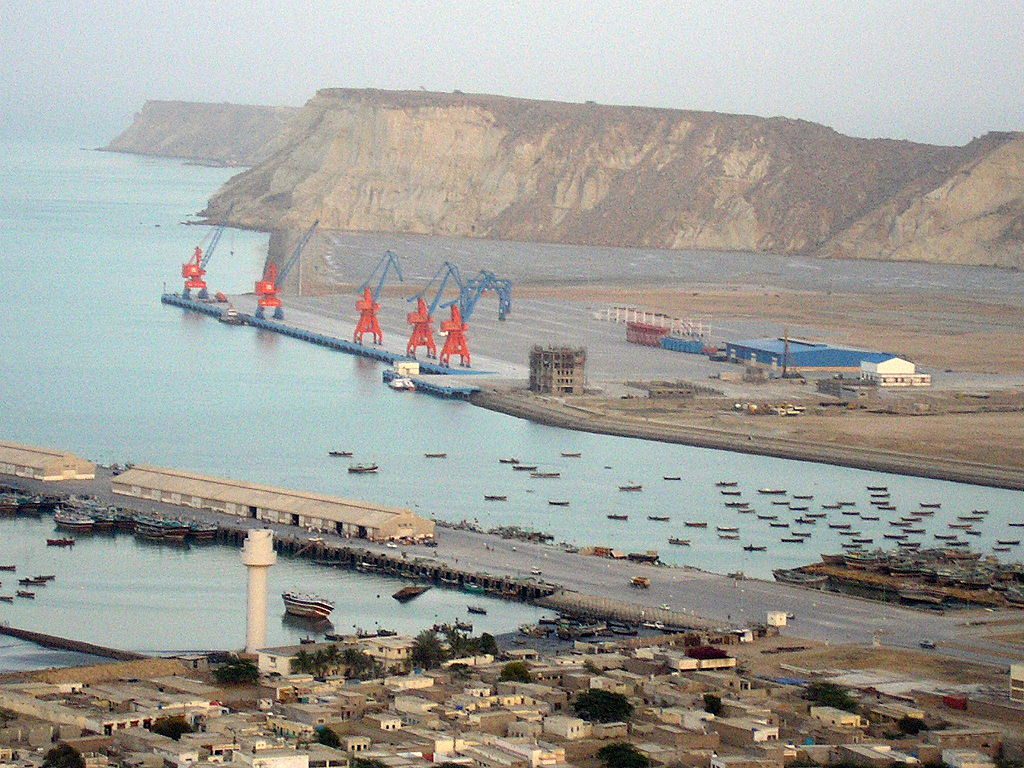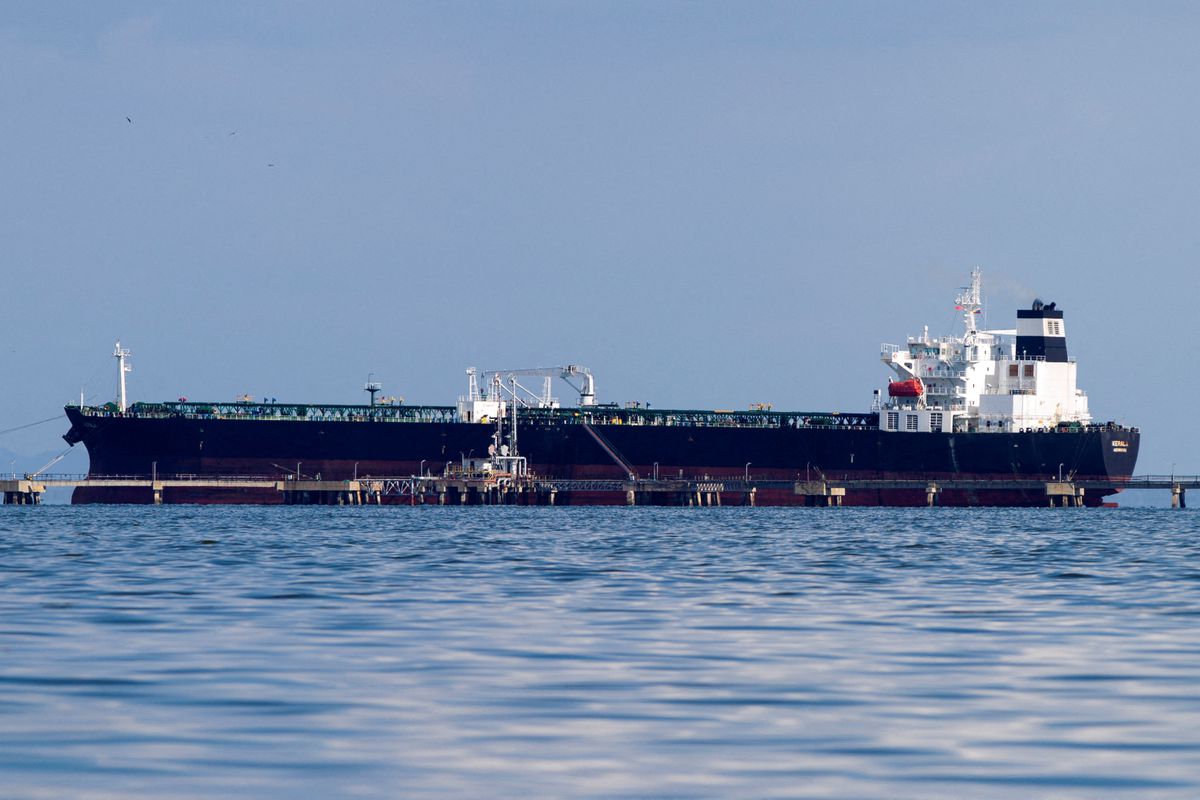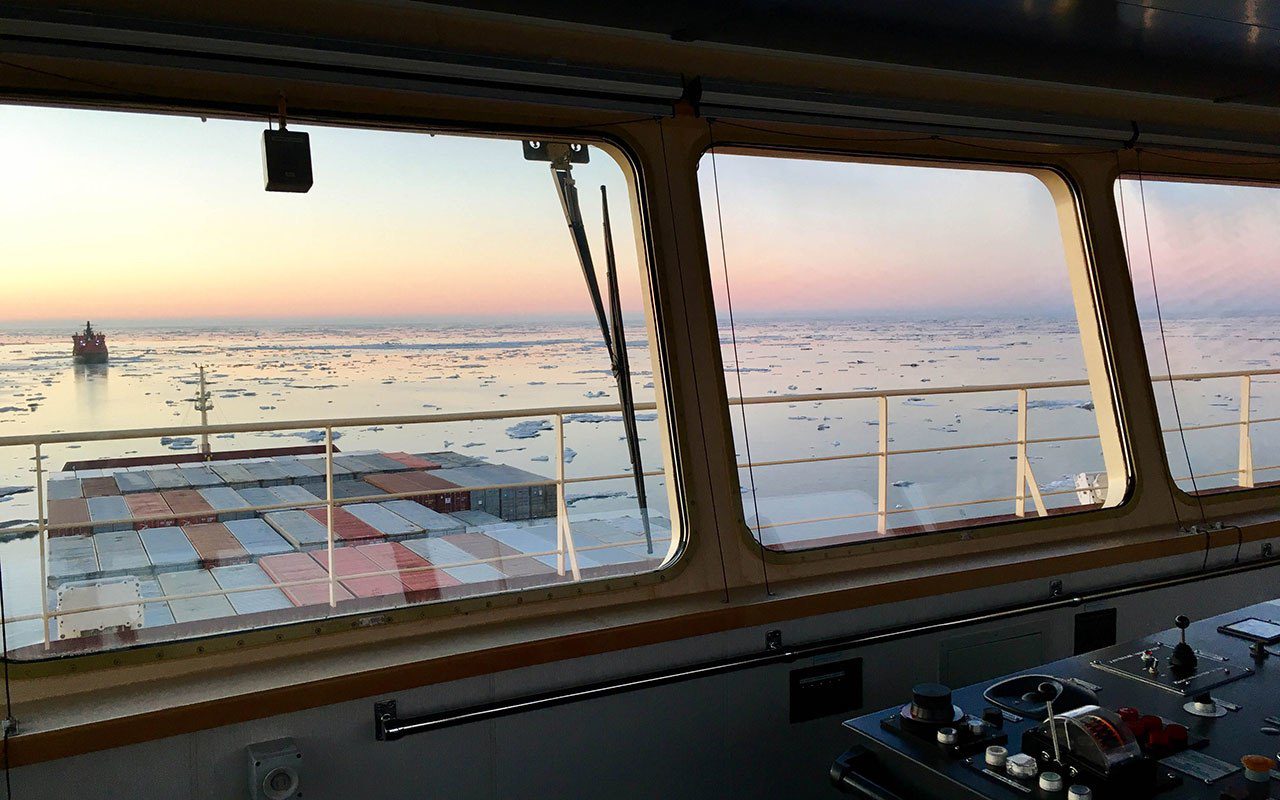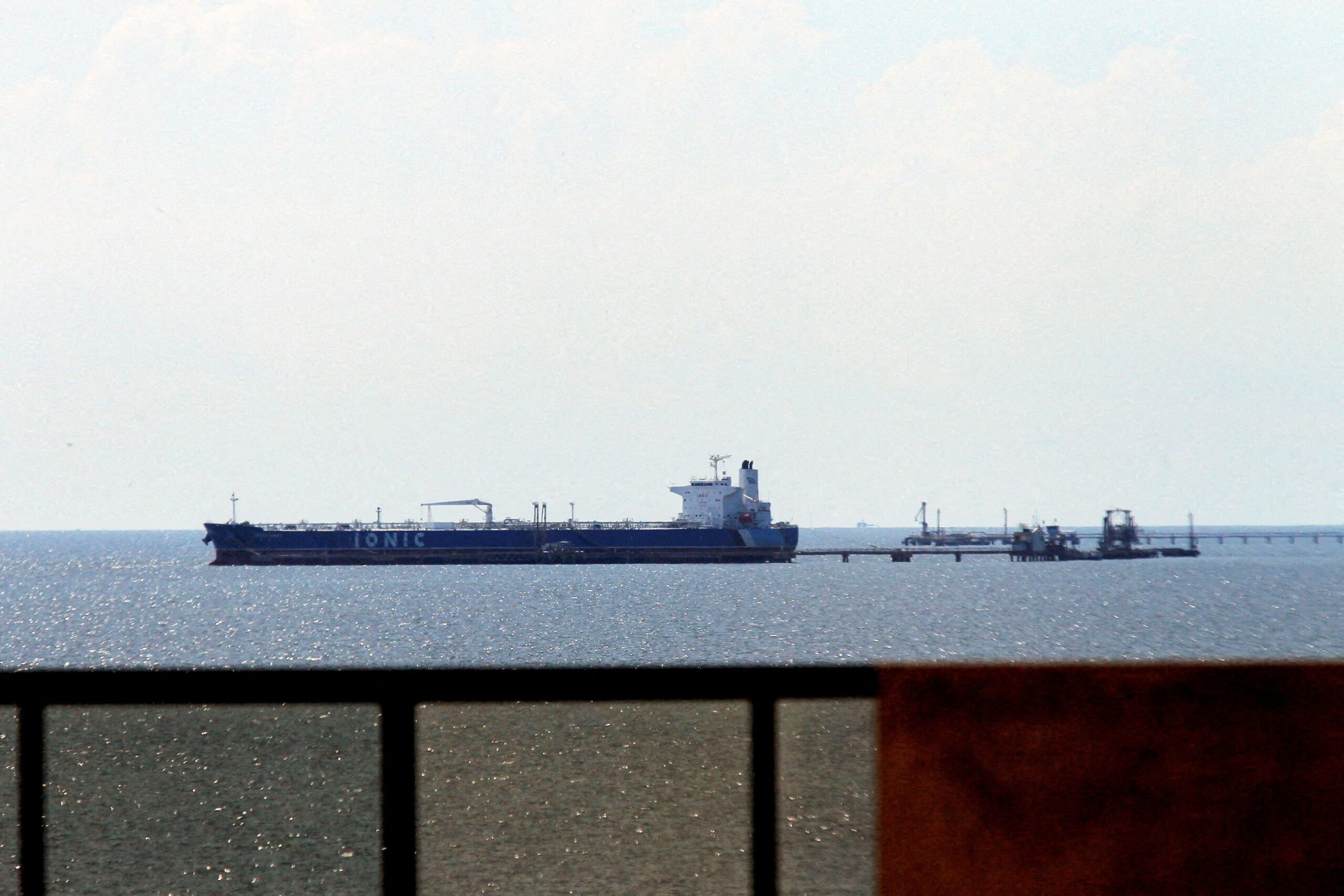Gwadar, Pakistan
 By Anurag Kotoky and A. Ananthalakshmi
By Anurag Kotoky and A. Ananthalakshmi
BANGALORE, Feb 6 (Reuters) – China’s role in operating a strategically important port in Pakistan is a matter of concern for India, its defence minister said on Wednesday, as New Delhi and Beijing jostle for influence in the region.
Indian policy-makers have long been wary of a string of strategically located ports being built by Chinese companies in its neighbourhood, as India beefs up its military clout to compete with its Asian rival.
Management of Gwadar port, around 600 km (370 miles) from Karachi and close to Pakistan’s border with Iran, was handed over to state-run Chinese Overseas Port Holdings last week after previously being managed by Singapore’s PSA International.
“It is a matter of concern to us,” Indian Defence Minister A.K. Antony told reporters when asked about Chinese control of the port.
When complete, the port, which is close to the Strait of Hormuz, a key oil shipping lane, is seen opening up an energy and trade corridor from the Gulf, across Pakistan to western China, and could be used by the Chinese Navy, analysts say.
“It will enable (China) to deploy military capability in the region,” said Jay Ranade, of the Centre for Air Power Studies and a former additional secretary at the government of India. “Having control of Gwadar, China is basically getting an entry into the Arabian Sea and the Gulf.”
China has also funded ports in Hambantota, Sri Lanka, and Chittagong in Bangladesh, both India’s neighbours.
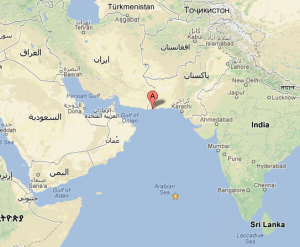 “Gwadar is a more serious development than the others,” Ranade said, as the Pakistani port gives China base facilities.
“Gwadar is a more serious development than the others,” Ranade said, as the Pakistani port gives China base facilities.
A Pakistani foreign ministry official told Reuters that the port was none of India’s business.
“India has no concern with whoever Pakistan decides to work with on Gwadar,” said the official, who declined to be identified. “We first had a deal with Singapore but that didn’t work out as desired. Singapore’s PSA International and the Chinese have settled the deal.”
China and India fought a brief border war in 1962. Chinese Foreign Ministry spokesman Hong Lei said last week that Gwadar was a commercial project, part of long-standing bilateral cooperation. “China will actively support any programme that benefits China-Pakistan relations and the prosperity of Pakistan,” he told reporters.
India, the world’s biggest arms importer in recent years, plans to spend around $100 billion over the next 10 years in upgrading its mostly Soviet-era military hardware to keep pace with China’s ramping up of defence spending.
The country was bound to modernise its armed forces in response to China’s own modernisation, Indian Defence Minister Antony said at an air show in the southern city of Bangalore, adding that strengthening its north-eastern border with China was not a confrontation with its neighbour.
“It is our duty. If they are doing it, we will also do it,” said Antony, adding that the presence of a Chinese delegation at the show was a “welcome step”, without elaborating.
Despite the push to overhaul its military, India’s defence budget would not escape a tightening of government spending this year, Antony said, as New Delhi looks to rein in its fiscal deficit.
“Our priority areas will not face budget cuts. Those essential to operational preparedness, there won’t be any budget cuts,” Antony said.
A long-awaited deal for India to buy 126 Rafale fighter jets from France’s Dassault Aviation was being reviewed by a cost negotiation committee, Antony said, adding that the delay in finalising the deal was not due to budget cuts.
India selected the Rafale from several options and entered into exclusive talks with Dassault for the $15 billion contract more than a year ago.
(c) 2013 Thomson Reuters, Click For Restrictions

 Join The Club
Join The Club



